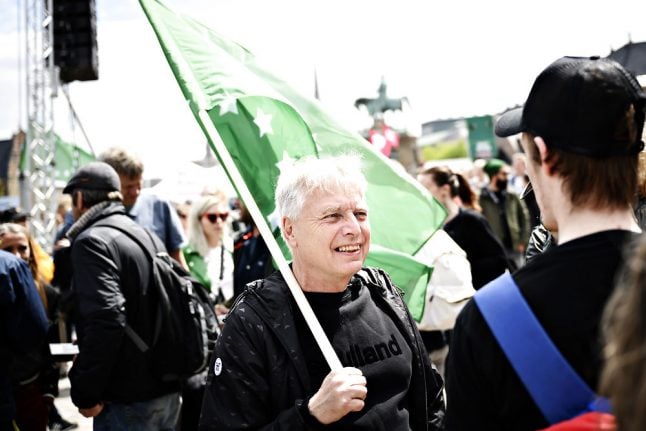Running in the EU election for the first time, the environmentalist Alternative party achieved a 3.1 percent share of Denmark’s total votes.
Alternative’s leader Uffe Elbæk said he was “frustrated” at the outcome of the European election for his party, adding that the fact that it was their debut in the EU vote had been a disadvantage.
Rasmus Nordqvist, Alternative’s lead candidate for the EU parliament elections, agreed with that assessment.
“It was close, but not quite enough. We knew it was ambitious and would be difficult for a young party like us,” Nordqvist wrote on social media.
The lead candidate is also running in Denmark’s June 5th general election.
Elbæk told newspaper BT that he felt Alternative may have “won itself to death” after its breakout performance at the 2015 general election, when it took 4.8 percent of the vote and 9 seats in its election debut.
The party’s platform may also have come to resemble that of traditional pro-EU Danish parties who have more recently sought to prioritize the climate crisis and been rewarded by voters.
In Copenhagen, Alternative gained seven percent of votes in the European election, but its national share was just 3.4 percent. Only one Danish party – libertarians Liberal Alliance – fared worse.
Meanwhile, green parties in France, Germany and the United Kingdom all performed strongly in Sunday’s vote.
Projected results have the grouping of green parties in the European parliament increasing their share by 19 seats to 69 of the parliament’s 751 seats, making it the fourth-largest group.
READ ALSO:



 Please whitelist us to continue reading.
Please whitelist us to continue reading.
Member comments